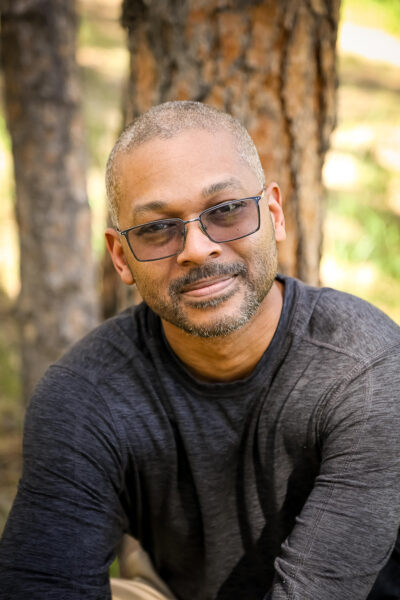When I teach writing seminars, my favorite “introduce yourself” question is Which writers make you want to write? This is a different question from Who are your favorite writers? or Who do you think the best writers are? I love John Milton, but Paradise Lost has never inspired me to try my hand at epic poetry. And as much as I admire Faulkner’s writing, I’ve never wanted to write like Faulkner. (Surely we can all agree that one Faulkner is plenty.)
There are writers I read when I want to read, and there are writers I read when I want to write. Charles Portis is a writer who makes me want to write. Portis is best known for True Grit. His lesser-known novel The Dog of the South is one of my all-time favorites. I make no claims for Charles Portis’s greatness. I never put his books in people’s hands and say, “You have to read this!” I just know that when I read The Dog of the South or True Grit, I feel emboldened to sit down and try writing another story.
One thing I’ve learned from years of teaching is that writers have different gifts. It seems obvious when I put it that way, but when people self-evaluate, they tend to think in terms of being good at writing or less good at writing—as if writing were a single skill. Writing is a lot of skills, some of which will come more naturally to you than others. Part of my job as a writing instructor is to help writers realize what they’re good at, and to encourage them to build on those strengths. Some people have an ear for dialogue. Some people naturally think in terms of metaphor. I recently had a student who was outlandishly good at conjuring up sensory images. Describing a visit to a nursing home she wrote, “The room became warm and fusty and smelt like ham and moist bandages.” That’s an excellent sentence, and it was important for that writer to know it. We don’t always value the skills that come naturally to us, but those skills are exactly where we need to start.
If you don’t have a good writing instructor or an insightful (and honest) writing partner in your life, it can be hard to know what you’re good at. That’s one reason I think it’s helpful to pay attention to which writers make you want to write.
I will never write like Annie Dillard. I don’t mean I will never be as good at writing as Annie Dillard is (though that is also true). I mean that if by some miracle I became as good a writer as Annie Dillard, my writing would still look nothing like hers. The same is true of Faulkner and Shakespeare and David Foster Wallace and most of the poets of the world. But when I read True Grit or The Dog of the South, I think, “If I were better at what I do, I think I could do this.” I can easily imagine writing sentences and paragraphs like Portis’s. That realization motivates me to go write, to get better at what I do. The key phrase here is what I do. To write like Nabokov, I would have to be a different kind of writer and thinker—probably a different kind of person. To write like Charles Portis, I would just need to get better at what I do.
So which writers make you want to write? Of all the writers you enjoy and appreciate, there are probably a few who make you say, “I want to try doing that.” Recognizing those writers might help you understand what kind of writer you are, where your gifts lie. I don’t recommend comparing yourself to other writers, but if you insist, compare yourself to those writers—the ones who inspire you to sit down and get better at what you do.







